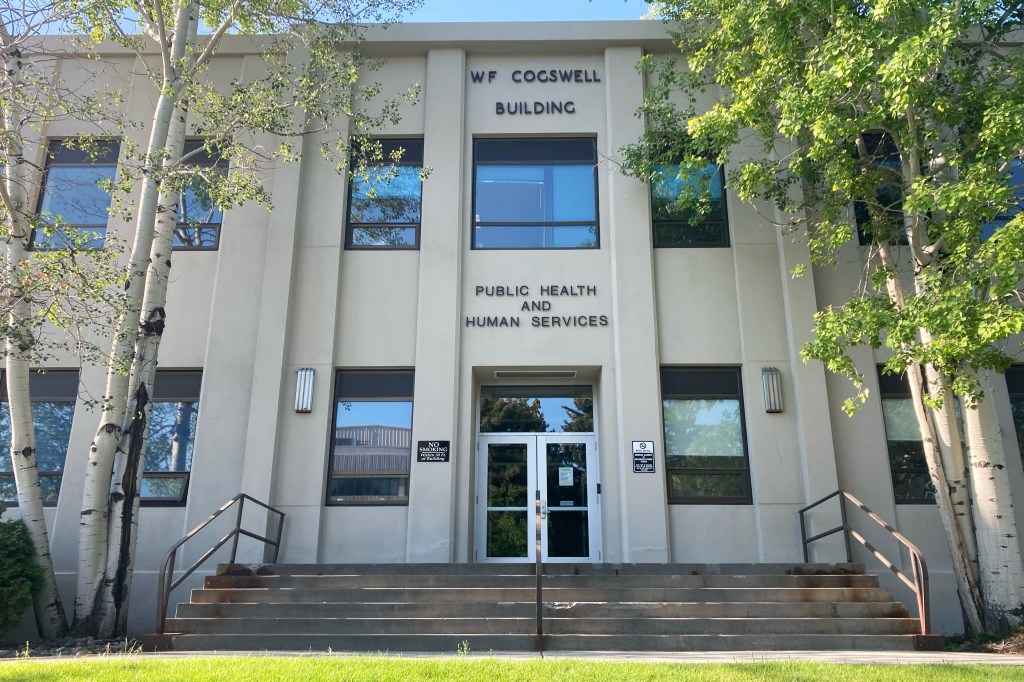Drinking also accelerates other signs of facial aging. In a 2019 study published in the Journal of Clinical and Aesthetic Dermatology, which involved women of multiple races and nationalities, researchers found that women who had roughly one drink a day reported eye puffiness and loss of volume in their faces. Women who had around eight drinks a week also had more noticeable broken blood vessels on their cheeks—which makes sense, because alcohol aggravates skin disorders like rosacea, psoriasis, and seborrheic dermatitis.8
“Most of the dermatological conditions that are worsened by heavy drinking will slowly normalize over time after cutting out alcohol,” Dr. Genebriera says. Exactly how much time may vary according to the condition and the individual.
“Some conditions might improve right away after the drinking stops—if they’re triggered by alcohol,” Dr. Genebriera says. “Others, like spider telangiectasias, a condition in which tiny blood vessels radiate in all directions from a larger blood vessel, will stay permanently unless they’re treated with laser or cauterized.” It’s always best to check in with a dermatologist if you have a persistent skin issue that doesn’t seem to be improving with lifestyle or skin-care changes—they can help you ID the next best steps.
What might you see a few months down the line?
Now that alcohol has become a thing of the past for you, maybe you’ve forgotten to even look for added health benefits. Even so, you may notice that:
If you have periods, they could be shorter.
Drinking regularly has powerful effects on your hormones. Researchers know, for example, that drinking raises your estrogen levels, which plays a key role in your menstrual cycle. One 2015 study published in Breast Cancer Research showed that women who drank more than 10 grams of alcohol in a week had 18% higher estradiol levels (one of the estrogens in your body) than women who drank less than that. Estrogen levels for drinkers stayed higher right through the menstrual cycle.9
While you shouldn’t expect miraculously pain-free periods just because you’re skipping the Chardonnay, one 2014 study published in Human Reproduction, found that abstaining from alcohol could shorten your period.10
Your liver will be able to function more smoothly.
Alcohol is a direct toxin to your liver. When your body breaks down alcohol, your liver has to clear the metabolic byproducts, Dr. Leavey says. “As a result, the liver has to work harder and longer to recover from the effects of alcohol,” he says. Alcohol can also cause inflammation in your liver, which keeps it from doing its job well—which is clearing out toxins from your body and turning fat into energy to keep you fueled, Dr. Galligan says.
If you’re a heavy drinker, alcohol can interfere with the way that your liver stores fat, leading to fatty liver disease, according to the Mayo Clinic. The good news? This condition may be reversible. Cutting out alcohol should help your liver to function better, Dr. Galligan says. But liver function doesn’t improve as fast as, say, your G.I. system: Dr. Galligan says this will likely take months to fully recover, even if you don’t have a fatty liver.
What are the long-term health benefits of not drinking alcohol?
Now that abstaining from alcohol has become a lifestyle, here are some health benefits you’ll enjoy well into the future:
You’ll probably lower your risk of cancer, heart disease, and metabolic syndrome.
Stopping drinking, especially if you currently have more alcohol than the recommended amount, can lower your risk of some cancers, including breast, colorectal, head and neck, liver, and esophageal cancers, among others, according to the American Cancer Society.11
Note: This article have been indexed to our site. We do not claim legitimacy, ownership or copyright of any of the content above. To see the article at original source Click Here












